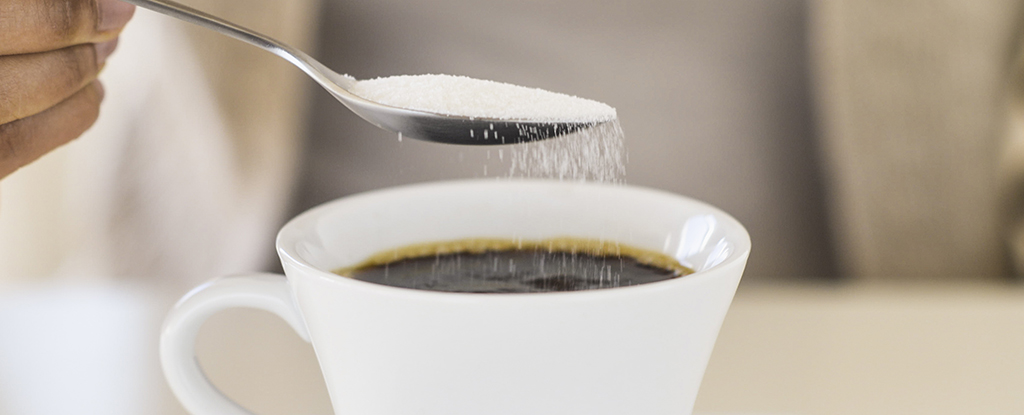The artificial sweetener sucralose (marketed as Splenda) is widely used and found in products like diet soda and chewing gum. According to a new study, it’s also capable of damaging the DNA material inside our cells.
I hope more studies appear in the future regarding how much sucrolose-6-acetate is created in our gut, how different factors impact this (existing gut microbiome, other food sources ingested), and how much sucrolose would need to be consumed for toxicity levels to be reached.
I generally stick to plain sucrose or other products like syrups or agave if I am going to add some sugar to dishes, but I recognize many diabetics and people with pre-diabetes are still wanting something sweet, but also reasonably cheap.
I am also interested to see if the NIH, FDA, and other health organizations will change their public stances on sucrolose. They’ve already listed it as potentially harmful given gut microbiome interactions, but I haven’t yet seen a public stance on their carcinogenic effects.
Disclaimer for anyone who was TL;DR the article: the study points to a secondary product called sucrolose-6-acetate that causes the problems listed in linked article. Companies that produce Splenda claim levels in their product are negligible and that it isn’t dangerous, while the study begs to differ.
I drink energy drinks (I know, I know) and finding ones without sucralose or erythritol is tough. Time to change habits for the better, I suppose.
what’s wrong with erythritol?
Increase of blood clots, which in turn increase risk of heart attack and strokes.
Source: Erythritol and cardiovascular events from the National Institutes of Health
Yikes. I wonder what the quantifiable risks actually are. 10x incidence of some cancer? 100x? 1.5x? A 1/5 chance to spontaneously burst into flames?
You are already dead.
Why do I still have to pay taxes‽
Because earth has 4 days simultaneously each rotation. You erroneously measure time from one corner.
Jesus. I remember the Time Cube. Those were the good old days, man.







